Summaries of books about Politics & Social Sciences:

The Next Shift
The Fall of Industry and the Rise of Health Care in Rust Belt America
Gabriel Winant
The book examines the economic and social transformation of the American Rust Belt, focusing on how the decline of manufacturing jobs gave rise to the health care sector as the dominant employer. It explores the impact of this shift on the working class, including issues of labor, gender, race, and the changing nature of work and community in post-industrial America.
See full summary

How to Destroy Surveillance Capitalism
Cory Doctorow
The book critiques the idea that tech giants manipulate public opinion and democracy through data collection and targeted advertising, arguing instead that monopolistic control and economic power are the real threats to society. It proposes that to combat these issues, we should enforce antitrust laws, promote competitive markets, and ensure a democratic control over digital technology.
See full summary
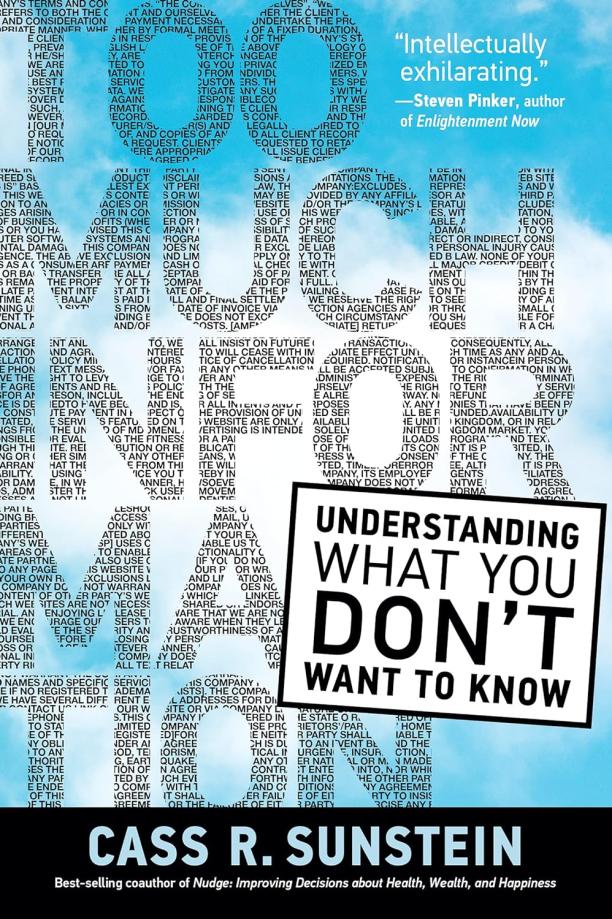
Too Much Information
Understanding What You Don't Want to Know
Cass R. Sunstein
The book explores the concept of information overload and the human tendency to avoid certain knowledge that might be distressing or disruptive to one's sense of well-being. It examines the implications of this avoidance for personal decision-making, social relationships, and democracy.
See full summary
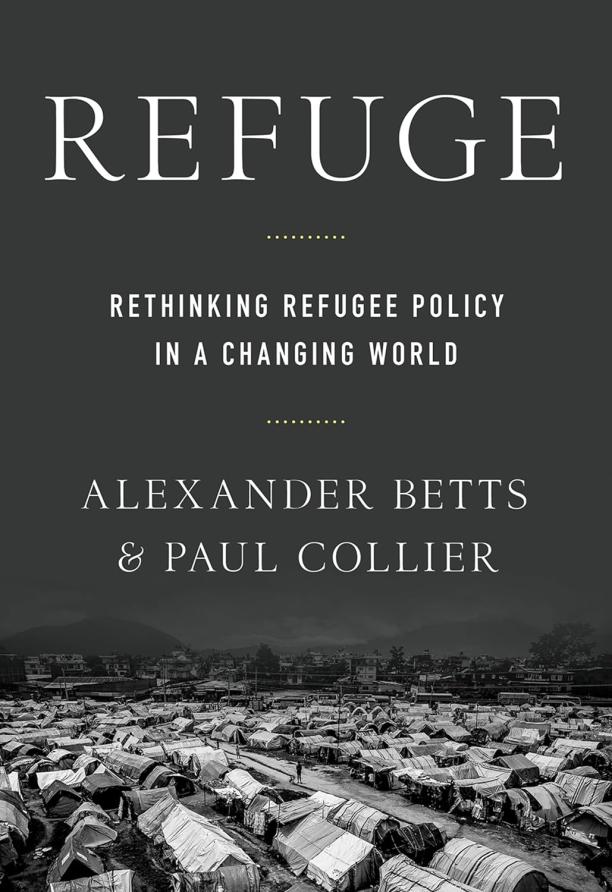
Refuge
Rethinking Refugee Policy in a Changing World
Paul Collier|Alexander Betts
The book examines the global refugee crisis, proposing new policy frameworks to improve the lives of refugees by enabling them to be more self-reliant and contribute to their host societies. It critiques current aid systems and suggests innovative solutions, such as creating economic zones near conflict areas and leveraging refugees' skills to benefit their host countries.
See full summary

The Candidate
What it Takes to Win - and Hold - the White House
Samuel L. Popkin
The book analyzes the strategies and decisions that shape presidential campaigns, drawing on historical examples to illustrate how candidates successfully navigate the complex electoral process. It delves into the organizational, strategic, and tactical elements necessary for winning the presidency and sustaining political power once in office.
See full summary

Progress and Poverty
Henry George
The book examines the paradoxical increase in wealth alongside persistent poverty, arguing that land speculation and monopolies lead to unequal wealth distribution. It proposes a single tax on land value as a solution to social and economic inequalities.
See full summary
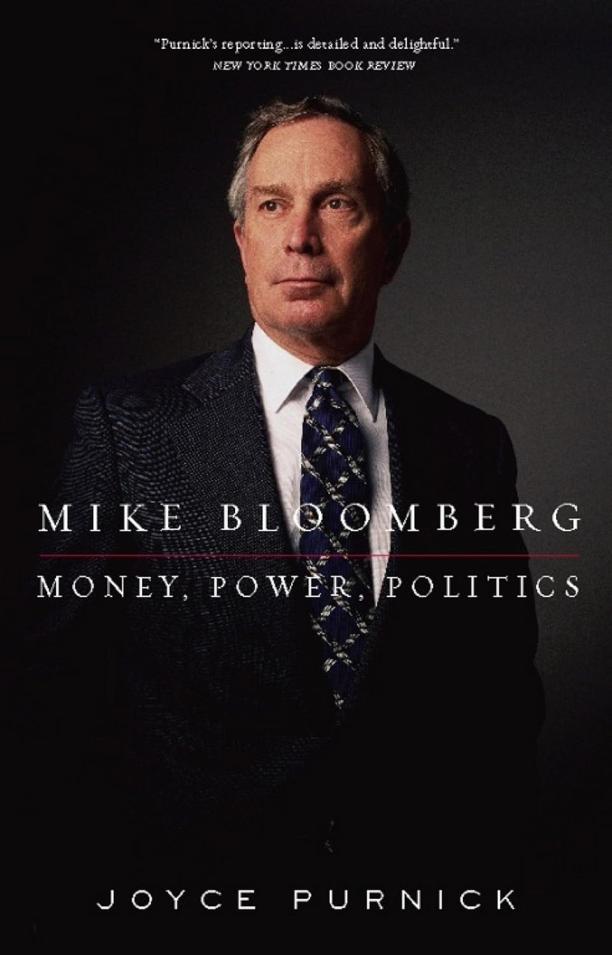
Mike Bloomberg
Money, Power, Politics
Joyce Purnick
The book chronicles Michael Bloomberg's rise from a Wall Street maven to a media mogul and then to his tenure as the mayor of New York City, detailing his business acumen, political strategies, and the influence of his wealth on his public service career. It delves into his personal and professional life, exploring how his entrepreneurial spirit and financial resources impacted his approach to politics and governance.
See full summary

Unscrewed
Women, Sex, Power, and How to Stop Letting the System Screw Us All
Jaclyn Friedman
The book examines the ways in which sexual freedoms and rights are undermined by societal norms and institutions, advocating for a more equitable and empowered approach to female sexuality. It provides a critique of the cultural and political systems that perpetuate inequality and offers strategies for individuals to challenge and change these oppressive structures.
See full summary
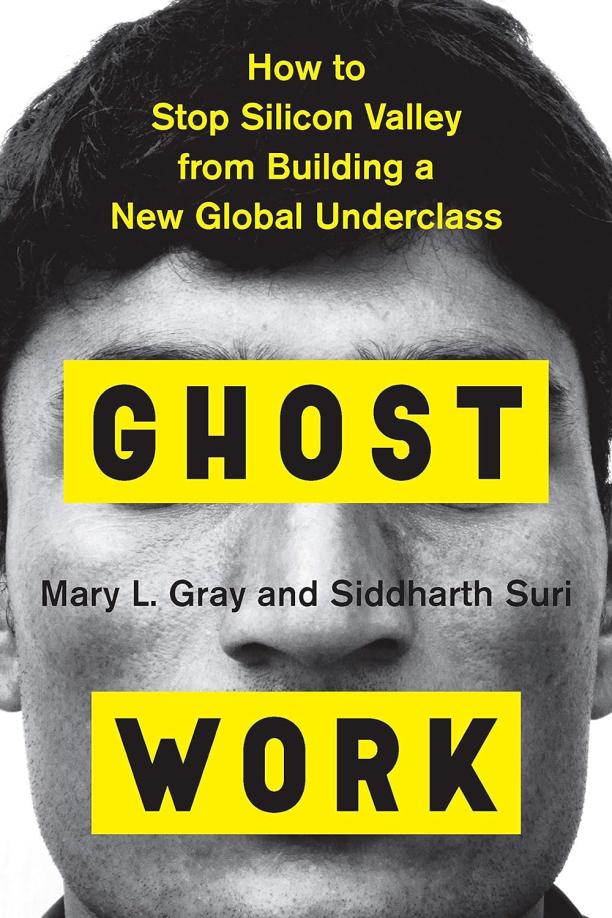
Ghost Work
How to Stop Silicon Valley from Building a New Global Underclass
Mary L. Gray|Siddharth Suri
The book examines the hidden human workforce that powers technology platforms, performing on-demand, task-based jobs that are often invisible to users and undervalued by society. It explores the challenges these workers face, such as job instability and lack of labor protections, and proposes solutions to create a more equitable digital economy.
See full summary
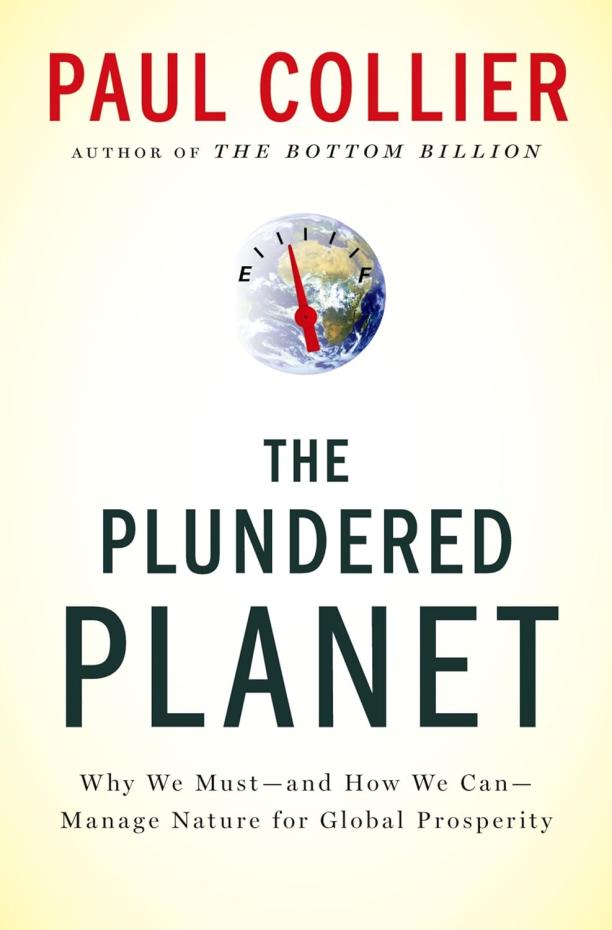
The Plundered Planet
Why We Must--and How We Can--Manage Nature for Global Prosperity
Paul Collier
The book argues for the responsible stewardship of natural resources, balancing the needs of current and future generations. It proposes ethical frameworks and practical policies to manage the Earth's assets sustainably while promoting global economic development.
See full summary